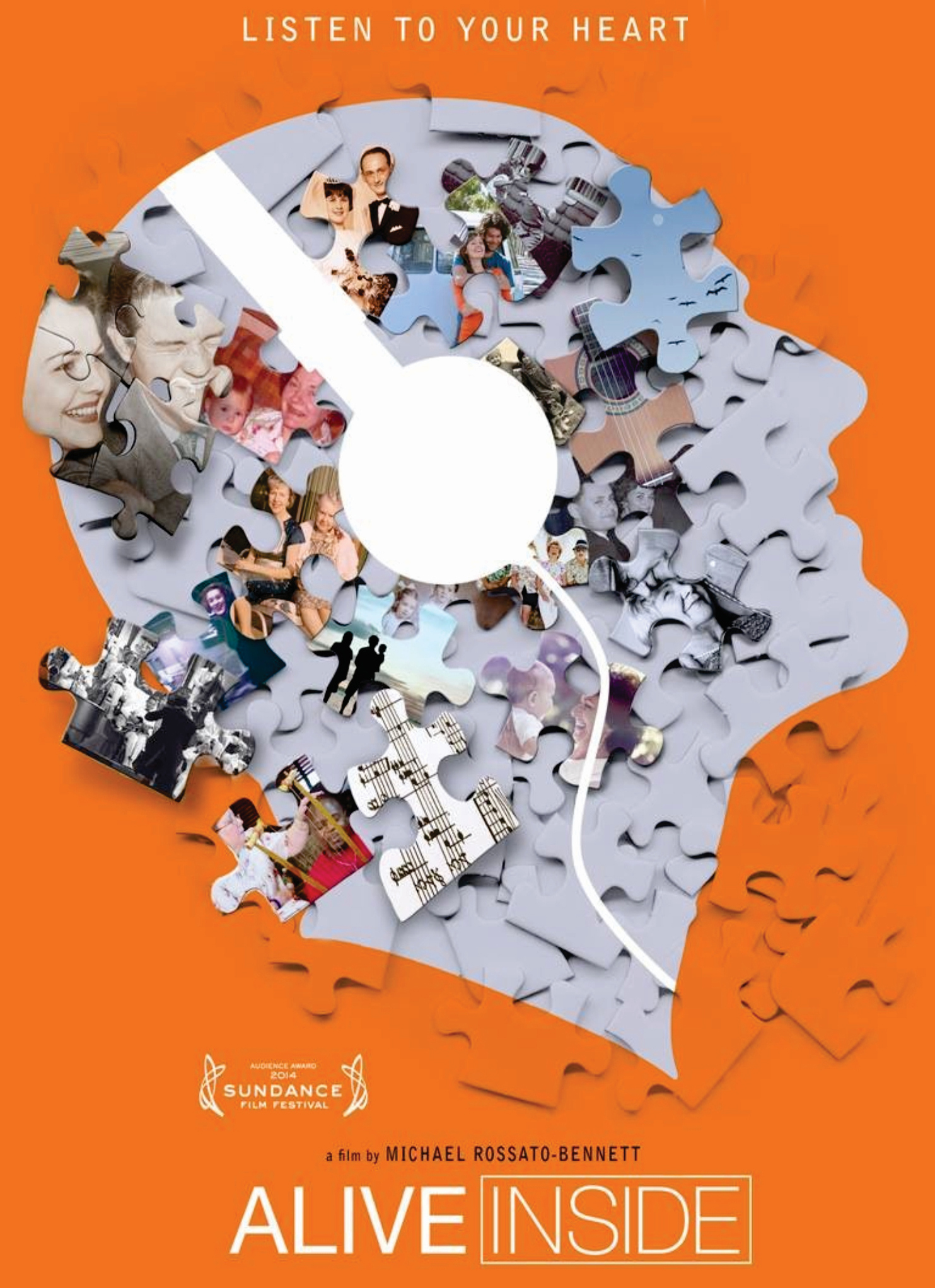Embracing personal music in a care setting is one of the best ways to improve quality of life for those in your care, regardless of cognitive or physical state.
Over the past decade, I’ve delivered keynote conference talks and presentations for thousands of enthusiastic health care professionals and educators:
- Alzheimer’s/dementia caregivers
- Nursing home and assisted living owners and managers, professionals and staff
- Mental health professionals
- Hospital rounds – psychiatry, neurology, geriatrics
- College and university to students and faculty in healthcare disciplines
Learn how to apply the benefits of personal music in your profession/setting:
- Reduce anxiety, depression, anti-psychotic use
- Bring joy to patients, residents and clients
- Enhance social connection
- Facilitate ability to communicate
- Improve care
Among the topics we can cover, depending on your audience:
- Current evidence-based research on the benefits of personal music
- Problems to address: falls, aging in place, caregiver stress, overmedicating our elders and those with mental health issues, isolation and depression at home and in care facilities (Time-and-motion studies found that 90 percent of nursing home resident time is spent idle; 50 percent of residents never, ever, receive a visitor)
- Best practice state implementations: 29 states have made Music & Memory public policy
- Obstacles to implementation and how to overcome them
- Audience exercise to bring home the difference between genre music and individualized music.
- What you can do in your communities to make music a standard of care
Chart a path toward meeting your goals to improve quality of life, patient satisfaction, and person centered/directed care. Among my presentations about the benefits of personal music and strategies for care organization culture change:
 A screening of Alive Inside (78 minutes), the Sundance audience-award-winning documentary, which chronicles my experience rolling out Music & Memory, demonstrating how personal music can make a meaningful difference for family members, caregivers, and individuals served by our health care system. We’ll discuss the film’s power and how this approach is being used in thousands of healthcare settings in every state and around the globe. Q&A will follow presentation.
A screening of Alive Inside (78 minutes), the Sundance audience-award-winning documentary, which chronicles my experience rolling out Music & Memory, demonstrating how personal music can make a meaningful difference for family members, caregivers, and individuals served by our health care system. We’ll discuss the film’s power and how this approach is being used in thousands of healthcare settings in every state and around the globe. Q&A will follow presentation.
Learn how to apply concepts to family members, within healthcare places of work, and the community.
Physical and cognitive challenges can degrade quality of life. Non-pharmacological interventions that improve quality of life are scarce. Thousands of healthcare institutions in every state and across the globe have implemented personalized music in a way that generates evidence-based results. Your organization can, too!
Discover the research and how-to experiences that enable hospitals, nursing homes, hospices, and home care programs to transform the experiences of individuals through the use of personalized music.
Learn what it takes to transform an idea into healthcare policy, or any systemic change you want to make happen. I’ll share my journey to take my idea of improving access to personal music from dream to reality.
Find out how best to nurture your ideas, even when confronted by inevitable naysayers and obstacles, and how to overcome them.
Experience teaches that personal music is effective for individuals with a wide range of intellectual and/or developmental disabilities. The right music helps facilitate communication, engagement, and enjoyment for those who might be more isolated and depressed, as well as for those with behavioral issues. An added benefit: staff and family interaction improves.
Learn how behavioral health organizations have adopted personalized music to benefit their patients. You’ll also learn how to apply concepts to family members, within healthcare places of work, and the community.
Alzheimer’s disease and other forms of dementia present many challenges. There is no side-effect-free, proven drug for treatment. Confusion and behavioral challenges – societal stigma –can cause family and friends to shy away and the individual to feel even more isolated. Personal music helps people maintain their sense of self, facilitates social interaction and relationships, and ultimately boosts happiness. It often also eliminates one of the unfortunate hallmarks of the disease, aggressive behavior. Caregiver stress and strain on family members is cut in half, which, in turn, increases the individual’s ability to age in place for months, even years.
I’d be honored to share what I’ve learned about how favorite music can improve quality of life for those in your care. Please contact me, Dan Cohen, to discuss your needs and arrange for a presentation.
